TP Link Archer A6 Router Feature:
AC1200 Dual-Band Wi-Fi– 867 Mbps at 5 GHz and 300 Mbps at 2.4 GHz band
MU-MIMO Technology– Simultaneously transfers data to many devices for 2 × faster performance
Boosted Coverage– Four external antennas geared up with Beamforming technology extend and concentrate the Wi-Fi signals
Access Point Mode– Supports AP Mode to transform your wired link into wireless network
Simple Setup– Set up your Wi-Fi in minutes with TP-Link Tether app.
Where To Buy TP Link Archer A6 Router:
TP Link Archer A6 Router Spec:
| Standards | Wi-Fi 5 IEEE 802.11ac/n/a 5 GHz IEEE 802.11n/b/g 2.4 GHz |
| WiFi Speeds | AC1200 5 GHz: 867 Mbps (802.11ac) 2.4 GHz: 300 Mbps (802.11n) |
| WiFi Range | 3 Bedroom Houses 4× Fixed High-Performance Antennas Multiple antennas form a signal-boosting array to cover more directions and large areasBeamforming Concentrates wireless signal strength towards clients to expand WiFi range |
| WiFi Capacity | Medium Dual-Band Allocate devices to different bands for optimal performanceMU-MIMO Simultaneously communicates with multiple MU-MIMO clientsAirtime Fairness Improves network efficiency by limiting excessive occupation |
| Processor | Dual-Core CPU |
| Ethernet Ports | 1× Gigabit WAN Port 4× Gigabit LAN Ports |
| WiFi Encryption | WPA WPA2 WPA3 WPA/WPA2-Enterprise (802.1x) |
| Guest Network | 1× 5 GHz Guest Network 1× 2.4 GHz Guest Network |
| Package Contents | Wi-Fi Router Archer A6 Power Adapter RJ45 Ethernet Cable Quick Installation Guide |
| WiFi Transmission Power | CE EIRP: <20dBm(2.4GHz) <23dBm(5GHz) FCC: <30dBm(2.4GHz & 5GHz) |

TP Link Archer A6 Router Reviews:
I tested TP Link Archer A6 Router on a Mediacom Gigabit Ethernet link, performing extensive tests on the wired Ethernet connection and both wireless bands, besides regular use over the course of about five days.
When linked to the TP-Link Archer A6 through a wired Ethernet connection, I saw a maximum download speed of 464Mbps and an upload speed of 63Mbps. That’s more or less in line with other routers I tested at the same time, though my Eero did notch a maximum download speed of 627Mbps during that same round of testing.
Next up, I connected to the 5GHz wireless network a few feet from the router. Using the Ookla speed test app, I measured the top download speed of 249Mbps and an upload speed of 64Mbps. That’s plenty fast for gaming, streaming 4K video, and just about everything else, but it’s much slower than I’ve seen out of higher-end routers on the same connection.
The next test was performed about 15 feet from the router with a closed-door blocking the signal. At that range, the Archer A6 actually stepped up its performance a little, possibly because of my test device seeing less interference in the hallway than in my office. I saw a highest download speed of 365Mpbs and an upload of 64Mbps at that distance.
I performed the next test about 50 feet away, along with several walls, furniture, and appliances blocking the signal. At that range, the download speed dropped to 195 Mbps. That’s still a pretty good performance, although the much more expensive ASUS ROG Rapture I tested at the same time held tight with download speeds of 395Mbps at the same distance.
For my final test, I headed down to my garage, putting about a hundred feet and a significant amount of obstructions in the way. My mobile device was only able to connect to the 2.4 Ghz network at that range, and it notched a download speed of 13.4 Mbps. That’s workable, but it’s also a sign that you may end up needing a Wi-Fi range extender with the Archer A6 even if your house isn’t that large.
Final:
The TP-Link Archer A6 is a great little budget-priced router that performs better than I expected it to. It’s important to stress that it’s an AC1200 router, and it’s only dual-band, so don’t expect it to do the job if you have dozens of data-hungry devices or an especially large house with a complicated internal setup. But if you just want an affordable router that performs well across about 1,400-1,600 square feet of space, this is a great option.


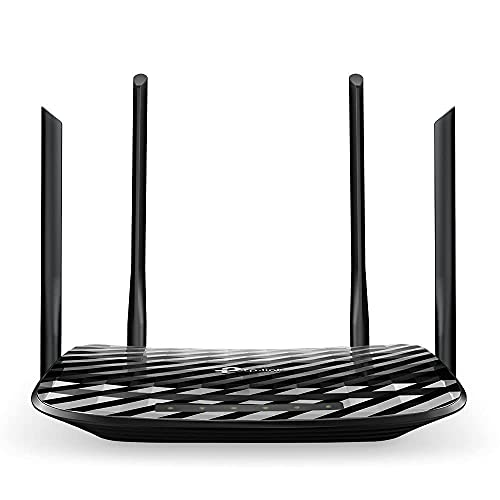

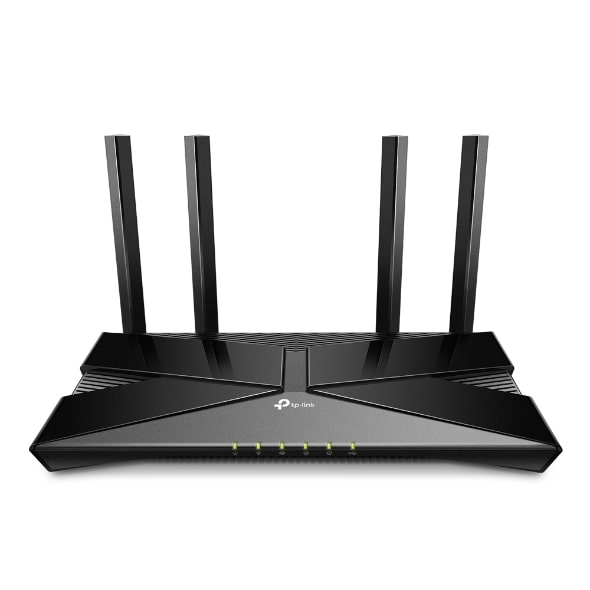

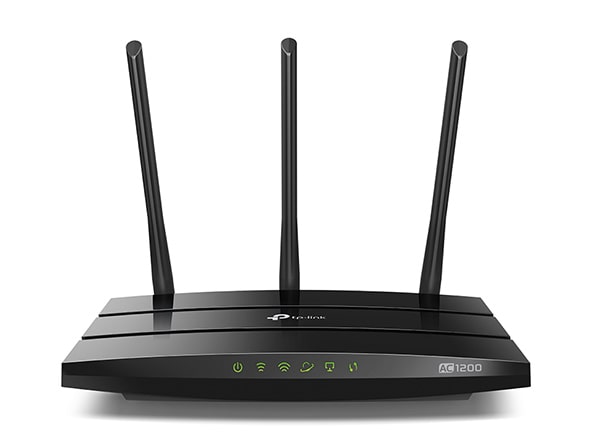
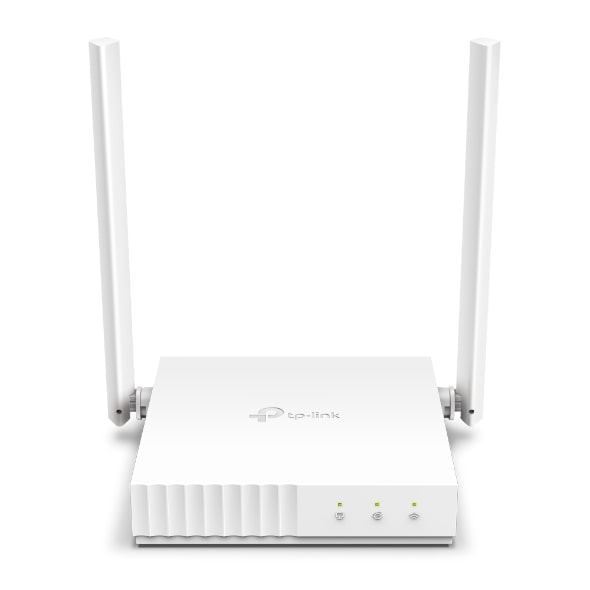



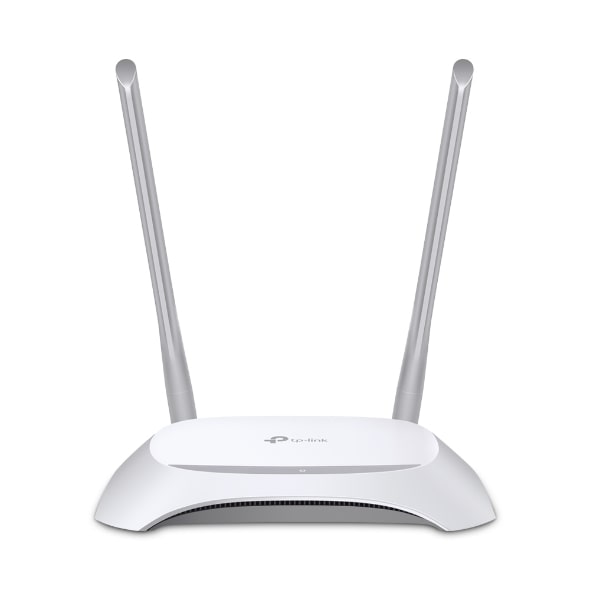
David G. –
I have Xfinity 100mbps plan while I only got 30-40mbps for a long time. I thought it was a network congestion issue. Recently I found that it could be my old router (TP-Link N450). Replaced the router and now I’m getting 100mbps!
The setup process was a breeze. Nice UI in the initial setup. What was a little confusing was that I saw both TP-Link_XXXX and TP-Link_XXXX_5G after plugging in the router. I connected to the 5GHz network to set it up. During the process, I was guided to reconnect to the non-5GHz SSID. After the setup, both 2.4GHz and 5GHz are broadcasted using the same SSID. So it’s up to the connected devices to decide if it can take advantage of the 5GHz wifi or is only limited to 2.4GHz, which is less confusing for the user. I can also verify on my MacBook that it’s indeed using the 5GHz network.
A note on 2.4GHz only device: It works. I set up my smart light bulb that only uses 2.4GHz without a problem. However, I do need to put my phone on 2.4GHz as well *during the setup process*. After the light bulb is set up, my phone can resume using 5GHz network while still being able to control the light.